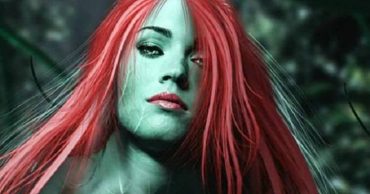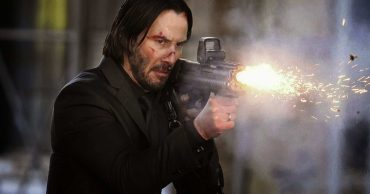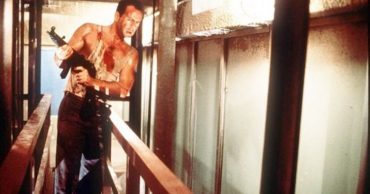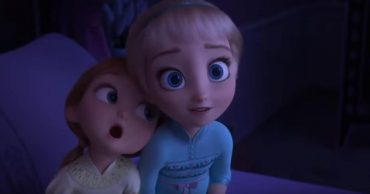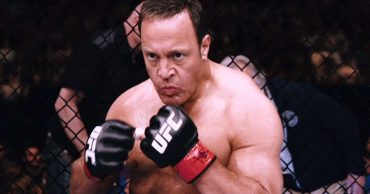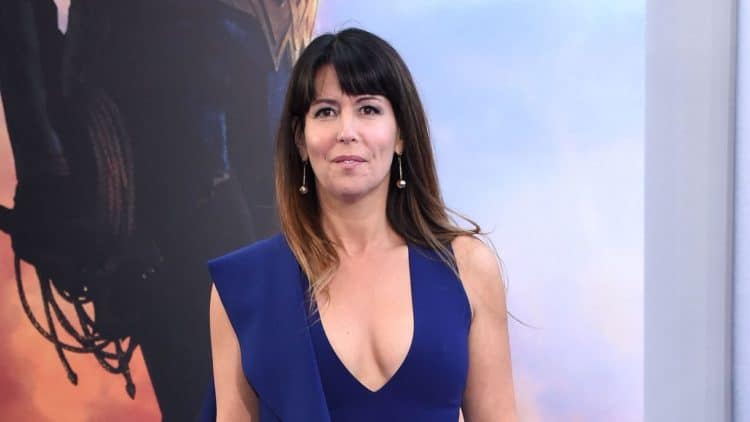
Created by psychologist William Moulton Marston and artist H.G. Peter, Wonder Woman made her first appearance in All Star Comics issue #8 on October 21, 1941 and it marked a historic moment in a landscape where female superheroes were rare in entertainment and media. Fast forward to modern-day times and that statement remained true, with both Marvel and DC failing to produce a single female-led superhero film. Wonder Woman had actually been in development since the late ’90s; however, it wasn’t until 2010 that the film was officially confirmed. Patty Jenkins eventually signed on in 2015 and became the first woman to helm a $100 million-plus blockbuster.
Jenkins is no stranger to making a great film as she’s the woman who wrote and directed Monster, a film about serial killer and longtime prostitute Aileen Wuornos, played by Charlize Theron. Following that film, Jenkins mainly did television work as a director; however, there was little doubt that the executives chose a talented filmmaker, but the real question was, did they choose the right filmmaker for Wonder Woman?
Despite some push back from fans at first who wasn’t big on Gal Gadot being cast in the title role, Wonder Woman was met with praise from both fans and critics alike following its release, with the highlights being the chemistry between Gal Gadot and Chris Pine, Patty Jenkins’ direction, and the fun fish out of water script. Not surprisingly, a sequel to Wonder Woman would be announced, with Jenkins and Gal Gadot confirmed to return.
This time, the film was set in the 198os and Diana is living a mundane life, curating ancient artifacts and doing the occasional superhero work here and there. Eventually, Diana’s life is changed when she encounters Maxwell Lord and Cheetah, two villains who have the power to drastically change the world. The film was finally released on December 25 and it received lackluster reviews. In general, Wonder Woman 1984 was okay, though a bit boring and convoluted. Some scenes were completely unnecessary such as the opening mall scene, and the characterization of Barbara Minerva (Cheetah) was lazy and not compelling in the slightest. Cheetah is one of the top foes for Wonder Woman and there’s nothing wrong with the initial set-up of Cheetah; however, the execution left a lot to be desired. Cheetah wasn’t really given much of a chance to shine as the villain because she wasn’t the only antagonist, thus audiences were stripped of her true personality and power.
More importantly, Woman Woman 1984 didn’t feel like a comic book film. It’s great that WW 1984 wasn’t just some mindless action film; however, there does need to be a healthy balance of story and action when it comes to these films. Movies like Spiderman 2, The Dark Knight trilogy, and Logan are strong examples of films with compelling stories that had the right amount of action. Simply put, there was too much going on and none of it was all that intriguing. The plot with Maxwell Lord, the return of Steve Trevor, and Barbara Minerva/Cheetah just didn’t mesh well and the run time of 2 hrs and 31m was not justified. So, what happened? Jenkins did so well keeping the first film tight and compelling, and that may have been thanks to the studio. Jenkins has been vocal about studio interference for the first Wonder Woman movie, most notably how much she despised the ending of the film. While she did state that there was some struggle with WW 1984, Jenkins had stronger control of the film, which is clearly a difference-maker.
Jenkins isn’t the first artist who’s had to deal with studio interference, with one of the infamous being David Ayer’s Suicide Squad and The 2017 Justice League film; however, sometimes an artist can also get in their own way. M. Night Shyamalan is a prime example of this. The writer/director was hot following The Sixth Sense and Unbreakable; however, the quality of his work continued to diminish after Signs. There’s no official word on what happened when it came to movies like Lady in the Water, The Happening, The Last Airbender, and After Earth, though there are reports that M. Night Shyamalan ignored studio notes and did his own thing. If this did happen, then it massively backfired as it almost killed Shyamalan’s career.
I understand the artist’s mindset as I’m a writer myself. A lot of times, we’re blind to the work that we produce because we have the story perfectly sketched out in our heads, even though a different pair of eyes might see differently. As previously stated, the studio isn’t always right but, neither is the artist. Does that mean Jenkins should be kicked off of Wonder Woman 3? No. As long as Jenkins can recognize the problems with WW 1964 and is open to criticism then there’s no doubt that she can write and direct a strong Wonder Woman sequel. Jenkins is clearly a talented filmmaker, and to push her off a project just because Wonder Woman 1964 was lackluster would be silly and overreacting.Charlize Theron
 Follow Us
Follow Us
